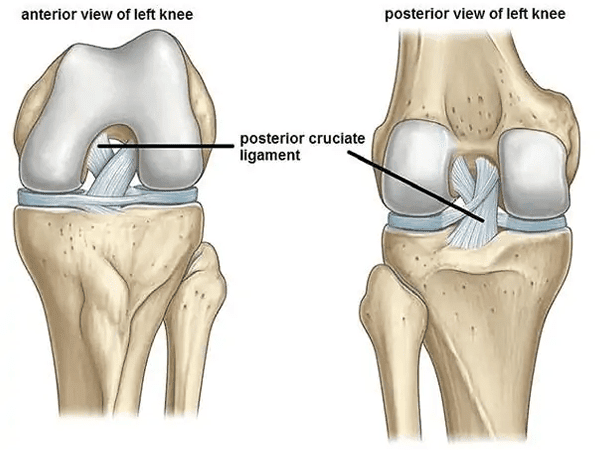POSTERIOR CRUCIATE LIGAMENT (PCL)
The posterior cruciate ligament, also known as PCL, is the strongest ligament of the knee and even one of the four main stabilising ligaments. This ligament connects the femur to the tibia in the middle of the knee joint. It makes sure the tibia moves backward in relation to the thigh bone. Further, one of the prevalent causes of PCL injury is sports. When PCL is damaged it results in twisting injury and contact injury at the time of sports.
PCL is both larger and stronger than ACL but it does not mean it can’t be injured. You will face swelling and pain. So, better to get in touch with an expert or the best PCL surgeon in Delhi for your treatment. Related to the treatment, both surgical and non-surgical options can be helpful.
How do PCL injuries occur?
You will develop a problem in your PCL if you do this-
- Landing improperly after the jump
- Dislocate your knee
- A hard hit on the front of the knee
- Fall onto a bent knee
Symptoms of PCL injury are:
- Can’t able to walk properly
- Knee stiffness
- Knee swelling and inflammation
- Difficult going downstairs
- Severe pain
- Instability in the knee

The PCL injury is divided into four categories:
Grade 1: When the partial tear is visible in the ligament
Grade 2: In the second grade, the partial tear is available and the ligament feels loose
Grade 3: Here the ligament is torn and the knee is completely unstable
Grade 4: The PCL is injured and the ligament is damaged
Point to note: PCL injury has both short and long-term symptoms. When the short-term symptoms develop over time, the long-term symptoms occur. Furthermore, walking during PCL injury totally depends on the person facing symptoms. In not-so-major cases, the person can walk.
PCL Tear Recovery time
If the patient has low-grade injuries such as Grade 1 and Grade 2 (we mentioned above) and has minimal damage to the ligament then it takes 2-6 weeks. There is no need for surgical intervention.
In the case of high-grade injuries such as Grade 3 and Grade 4 (we mentioned above) it will take 3-4 months without surgery. For high-grade injuries, many professional PCL surgeons will recommend using a brace during six weeks of healing.
Rehabilitation
It does not matter whether you go for PCL surgery in Delhi or not, you need rehabilitation because it plays a major role in letting you start your normal activities once again. Knee strengthening and motion are indispensable, so take the assistance of a physical program. After the surgery, the doctor of the posterior cruciate ligament will tell you to start physical therapy for at least 4 weeks.
